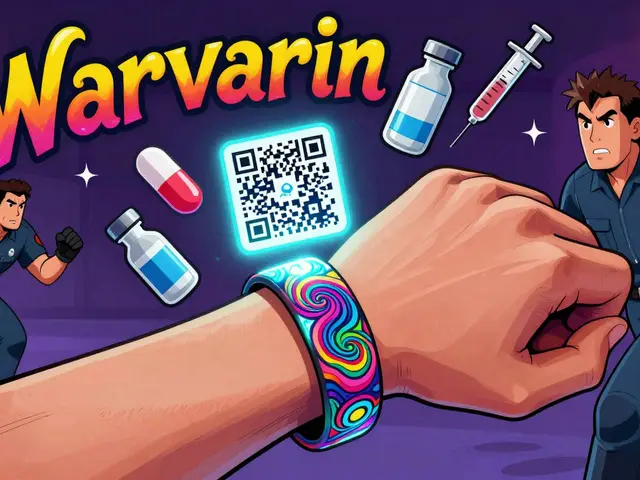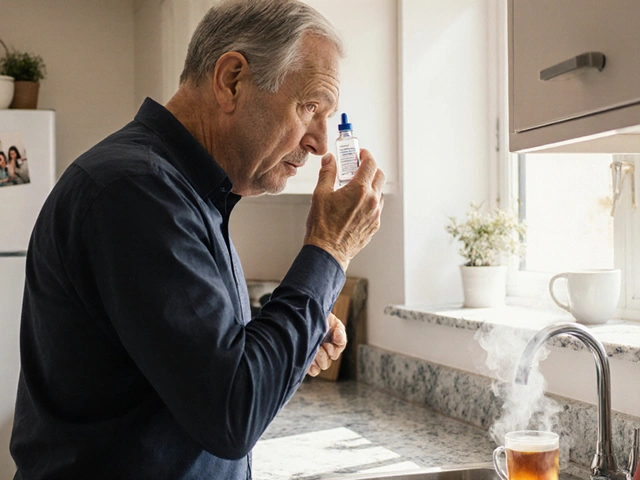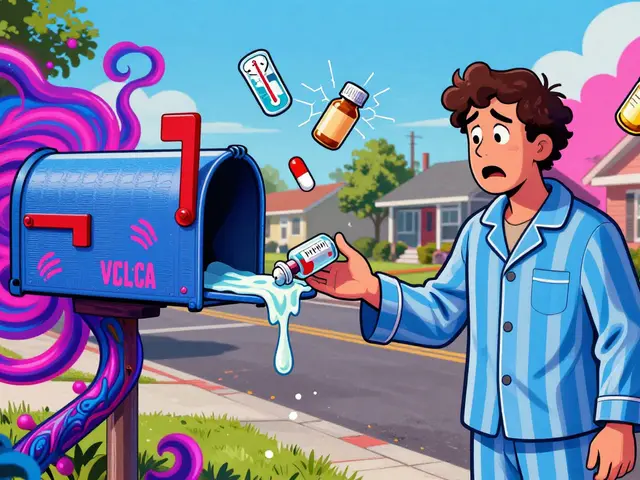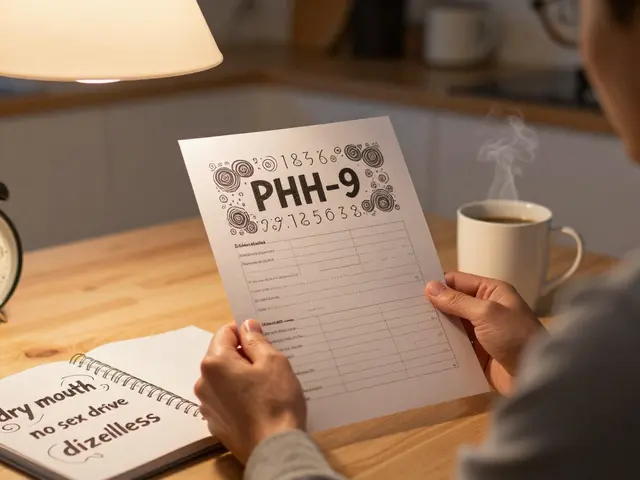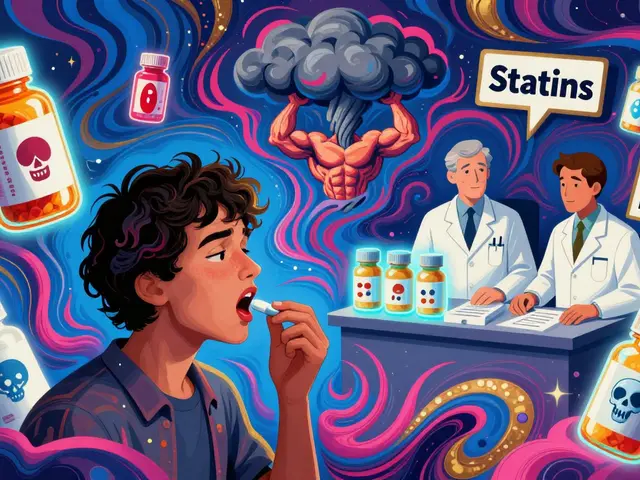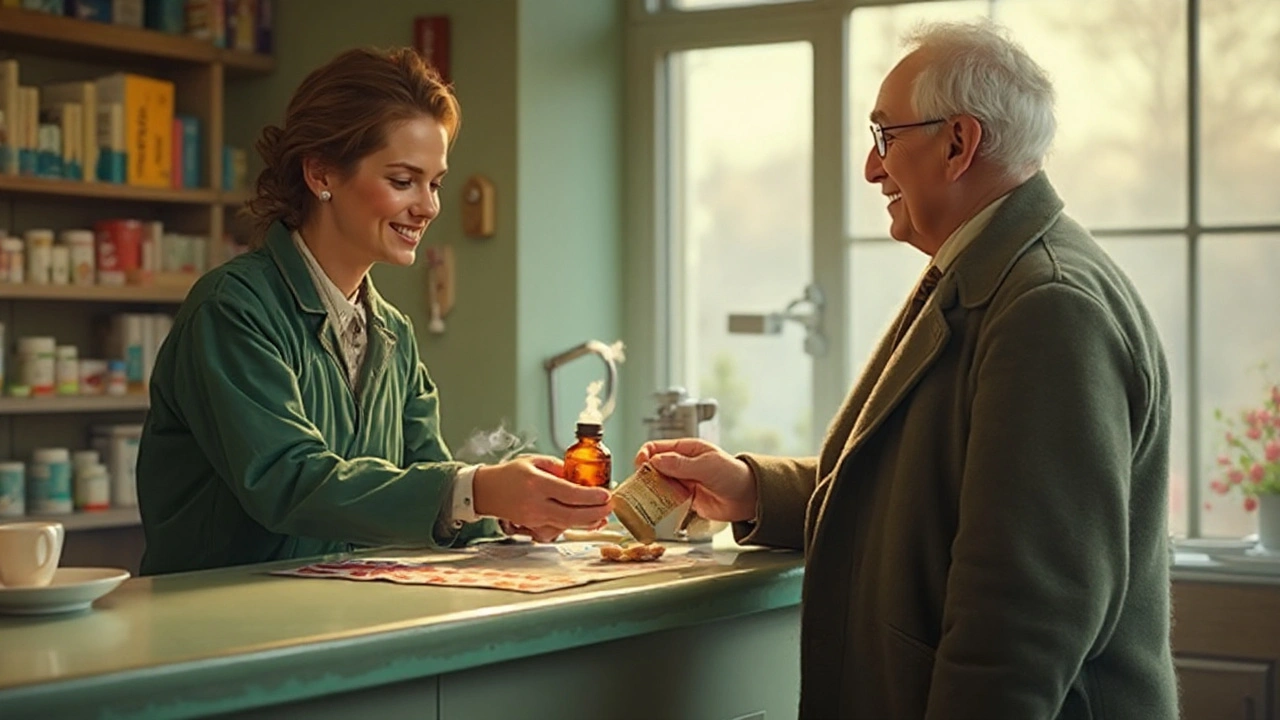
Hypertension Treatment: Simple Guide to Lower Your Blood Pressure
If you’ve been told your blood pressure is high, you probably have a lot of questions. Which pill should you take? Can diet really help? How do you avoid side‑effects? Below is a straight‑forward rundown that clears the fog.
Common Blood Pressure Medicines
The most prescribed drugs fall into a few families. ACE inhibitors like lisinopril block a hormone that narrows vessels, so blood flows easier. Angiotensin‑II receptor blockers (ARBs) work similarly but tend to cause fewer coughs. Beta‑blockers slow the heart beat, cutting the force of each pump. Calcium channel blockers relax the muscle in vessel walls, while diuretics such as hydrochlorothiazide help the kidneys get rid of excess salt and water.
Many people end up on a combo – for example, Zestoretic pairs an ACE inhibitor with a diuretic. Studies show the combo can lower pressure faster than a single drug, but it may also raise the chance of low potassium. Talk to your pharmacist about checking your electrolytes if you’re on a combo.
Lifestyle Changes That Really Work
Medication is powerful, but it works best with everyday habits. Cutting back on salty snacks can drop systolic pressure by 2‑4 mmHg. Adding just 30 minutes of brisk walking most days shaves off another couple of points. If you drink alcohol, keep it to one drink a day for women and two for men – more than that can push numbers up.
Weight matters, too. Losing 10 lb if you’re overweight often trims 5‑10 mmHg. Simple swaps like swapping butter for olive oil or choosing whole‑grain bread over white can add up over weeks.
Stress isn’t just in your head. Chronic stress raises cortisol, which can tighten blood vessels. Try quick breathing exercises, a short meditation, or even a hobby you enjoy. Consistency beats intensity – a five‑minute pause each afternoon is better than a marathon session once a month.
Keep an eye on your blood pressure at home. A cuff that fits properly and a routine (same time each day, seated, relaxed) gives you a realistic picture. If readings bounce above your target, note when you ate, exercised or felt stressed – the pattern helps your doctor fine‑tune treatment.
Finally, don’t ignore side‑effects. A dry cough, unusual swelling or sudden dizziness should trigger a call to your GP. Often a tiny dose adjustment or a switch to a similar drug solves the problem.
Bottom line: hypertension treatment blends medicines, diet, activity and regular monitoring. Pick a plan you can stick with, ask questions when something feels off, and use the tools you have – like home monitors and pharmacist advice – to keep your heart happy.
-
21 Sep

